Out of the Camp Ch. 42 – Brick Walls and Shysters
We had probably been in California three or four years when Mary took it into her head to place a call to Vancouver and finally settle this thing, one way or another, for good. By “this thing” of course, I’m referring to the matter of my origins and how I came to be here, on earth, in the first place. I’m pretty sure that I must have set her off by referring to it from time to time, as I’m still wont to do, even after all these years. Nonetheless, I’m pretty sure that I must have raised the matter yet again, which led to her finally picking up the phone and making the call. If you haven’t read the background to this, I refer to it late in Chapter 37, ‘Canada’, and following that up midway through Chapter 38, ‘Gilmerton Dykes…’. Following the meeting which took place back in the early 80s, there had been no further contact apart from letters Mary had written and mailed along with some family photographs, to which she’d never had any response.
She picked up the phone and for some reason that I can’t now recall, made the call to ‘Ben’ the man I believe to be my half-brother and spoke to his wife, I’ll call her Anne. She was home alone and so Mary explained the reason for the call and, she said, Anne seemed very sweet and was clearly intrigued. Mary told me later that Anne didn’t seem to have been aware of my visit to her in-laws in Vancouver some ten years earlier. She told Mary that Ben would be home later that evening and asked if Mary could call back, which she said she would. When Mary called again, the phone was answered by a woman, but before Mary could say anything further, this lady – who turned out to be the person (let’s call her Brenda) I believe to be my half-sister – laid into her about harassment and nuisance calls, etc. I wasn’t around to witness this at the time, but apparently Mary remained focused, managed to calm her down and told her that, despite the ten years that had passed, I was still convinced that what I had claimed back then was, in fact, true. All the research I had engaged in, combined with what I had been told as a child by my adoptive mother and more recently by my biological mother, the facts that had been confirmed by both the Canadian Veterans Administration and Canadian National Archives, further confirmed by Brenda’s mother, my presumed biological father’s wife, during the conversation on her doorstep in Vancouver ten years earlier.
“Such as?” Brenda retorted. “Well,” Mary responded, “Your father served in the Royal Canadian Air Force during World War Two and was based in England in 1945.” Brenda pointed out that there were thousands of Canadian forces serving in the UK during the war.
“Yes, but you have a pretty unusual family name, and your father’s first name isn’t very common either.” Mary continued, “The name Roger’s biological mother wrote down is so unusual that after having spent several hours in the Ottawa Bell Building when he was in Canada ten years earlier plowing through every telephone book in the nation, he discovered that your father is the only one with that name listed in any phone book anywhere in Canada.” Brenda was quiet. Then Mary asked, “And isn’t your father a musician? Roger wasn’t sure, but thought he might play trumpet.” At this, Beverly came back to life. “Musician? My father? My father doesn’t have a musical bone in his body! I’m sorry, but you’ve got the wrong person, so I’d really appreciate your not bothering us again with this.”
To hear this was certainly a blow, but I wasn’t put off in the least. Something didn’t add up, and I wasn’t anywhere near ready to throw in the towel. I’d got way too much invested in this and besides, there was no getting away from all those ‘coincidences’. OK! Two common factors can be chalked up to a simple coincidence, three, statistically unlikely but possible. Beyond that, I refuse to believe anything other than that I’ve nailed it, but somebody’s playing silly buggers and messing with my head! A few months later, we were back in England and visiting my biological mother, and I waited for an opportune moment to ask her. “When you were dealing with all of this, do you remember telling my grandmother that ‘he’ was a musician?” Without a second’s hesitation, she blurted out, “I don’t know why I said that. I was a stupid girl and under a lot of pressure. I didn’t know what I was doing. I don’t know why I told her that.” I let her finish and then asked, “So he wasn’t a musician?” “No!” She almost yelled in exasperation. “I’m sorry. I didn’t know what I was saying.”
So that was that! And that, frankly, remains that since I haven’t taken it further. Why? I can’t clearly answer that. I haven’t given up all hope since now, unlike then, we have DNA, but I can’t quite bring myself to make contact. Call it procrastination, call it cowardice, I don’t know, but I feel stuck not knowing how best to handle it. My past performance on this is hardly encouraging. I know there are organizations out there who assist with this sort of thing, but I’m in some kind of psychological fog and I can’t find my way out. I mean, I know where ‘Brenda’ lives, and I know where ‘Ben’ works. He, at this stage, would be the preferred option owing to our history with Brenda whereas there has been no direct contact with Ben, only his wife, ‘Anne’, and she was really nice to Mary during that phone call. Remember, they still believe that we think their father was a musician, so we need to bring them up to date on that fact. After that, and depending on how this news is received, we’d have to consider how to approach the subject of DNA testing. If they’re still angry – how do you stay angry for 40 years? – and won’t even consider agreeing to it, then it’s really over. I guess this is the true reason why I haven’t been able to move forward on this. One wrong move, and it really is all over with no definitive conclusion. That would be a tough thing to have to live through for the remainder of my life; never finding out for certain, one way or the other. I’ve found that thinking this thing through and cataloging its various aspects has proven to be somewhat cathartic, and I’m now thinking that subconsciously I’ve likely realized that the whole situation is so very delicate and likely needs some type of specialist professional intervention in resolving it. But who? And from where?
Several years later, somewhere near the German/Polish border…
As darkness descended, I remained stuck in my rental car – Ford Taunus, I think it was – on the autostrada in the middle of nowhere seventy miles outside of my destination of Szczecin. Initially, I wasn’t particularly concerned as this type of thing can happen to anyone anywhere, but this was on the border of a former Soviet State, and I was imagining all sorts of potential horrors coming at me from out of the night. I needn’t have worried, of course, as I could see other cars nearby with people sitting inside looking completely unconcerned and waiting patiently. Eventually, already into the early hours of the morning, traffic began slowly moving again and after several minutes trolling along at 15-20 miles per hour we began picking up speed and before long were moving at a reasonable clip.
When I got to the border the police were more focused on keeping the traffic moving than checking documentation or looking for anyone and so were just waving traffic through. I don’t know why, because I hadn’t to my knowledge done anything wrong, but this came as a huge relief, and it wasn’t too long before I found my way to the hotel. The street lighting wasn’t too effective, and so I could only discern the outline of the buildings. It was clear from the classic, but not terribly well-maintained architecture that I’d driven to a very old sector of the city, housing swathes of stolidly intact streets of six-story apartment blocks, dating from when Szczecin was part of Imperial Germany and the country’s third-biggest port after Hamburg and Bremen. On the street where the hotel was located, many of the streetlights weren’t working and this, combined with the poorly maintained exteriors, reinforced the decaying, dingy ambiance that engulfed the entire, immediate area.
As the agents had given me no information about hotel parking, indeed, precious little information about the hotel in general, I found a spot on the street about 20-30 yards from the main entrance. As I retrieved my bag from the boot (trunk) and approached the hotel, I began to get a sinking feeling in the pit of my stomach. No Five-Star, Five-Diamond gin-palace this, instead a graceless, crummy mausoleum of a bygone era that had seen far, far better days. I walked into the lobby (sic) where there was a sense in the mustiness that the air had been breathed too many times. Behind the diaper-sized reception table sat a dusty, seedy-looking old guy with thinning, greasy hair, wearing glasses too far down his nose, a collarless white shirt with the sleeves rolled up and a dark greasy waistcoat (vest), by his elbow a cracked, coffee-caked cup that appeared to be as ancient as everything else in the place. This once grand interior, now a drab, cold and graceless mausoleum nestled beneath an ornate, flaking, twenty-foot ceiling. I quickly established, not surprisingly, that the old guy didn’t speak any English, but as I produced my British passport (I use that when I’m in Europe – it’s easier!), his eyes lit up, and he picked up a sheet of paper from his table and pointed to my name on it with a questioning, pleading expression on his face. I nodded “Yes”, and this clearly made him very happy indeed. He stood up, grabbed a key from a drawer in his table and, gesticulating in as animated a fashion as St. Vitus might have done, motioned for me to follow him upstairs one floor. Not surprisingly, the elevator was out of order, but there was no way I would have been boarding that antiquated, decrepit-looking cage, working or not.
The room wasn’t a surprise but just as drab and awful as I was expecting, the furniture was lumpy, ornate and heavy, the carpet a shade of grey designed to hide dirt and the light-bombarded curtains were a pale jaundiced-yellow. As on the ground floor below, the room had a twelve-foot ceiling and the all-French windows were almost as tall, making the room feel very cold and draughty. A single radiator clanked and hissed and, as I discovered later, hissed and constantly spat out steam and water throughout the night. I noticed that the bed appeared to be lumpy and as I leant down to feel it, it rustled. I realized that it was a Palliasse, a straw-filled pallet normally used by military for exercises in the field. Under normal circumstances, of course, I would have walked out of there, but it was the middle of the night in an Eastern European country where I’d yet to meet anyone who spoke English and, besides, I wasn’t paying the bill, and it was only for one night, so I just bit the bullet and toughed it out.
The following morning, two representatives of the agency called for me as arranged, and we went to their offices in an antiquated building near the harbor to discuss final details and to sign an agreement. Well, to cut an even longer story short, things didn’t go well. It turned out that English-speaking Polish engineers were not, surprise, surprise, as thick on the ground as these guys had led me to believe.
This fact aligned somewhat with alleged comments made by LA and Long Beach company and harbor management representatives in interviews they had had with a journalist from the Los Angeles Business Review. I don’t now recall how we connected, but she had visited me at my home office and spent some considerable time asking questions about both me and the company, in addition to the company’s history and UK activities at the time. After she left, I had a sense of unease that I couldn’t quite put my finger on. I didn’t like her, and my instincts were to be proven sound when the next issue of the LA Business Review was published, and I read the piece that she had written. It wasn’t just her narrative, but the picture that ran with it, which made me look like a hapless version of a latter-day King Canute with banner heading to reinforce the impression. I looked ridiculous, and the article pretty much reinforced that reality, leaving no one in any doubt as to the writer’s intention.
The meeting continued with a litany of surprising and previously unmentioned conditions, starting with certain surcharges, Polish maritime license fees and the fact that we’d be expected to share costs of marine employer’s liability insurance policies. When they started talking about finders’ fees, I finally realized that I’d been had. These people were shysters, and I just had to stand up, get out of there and head for the airport.
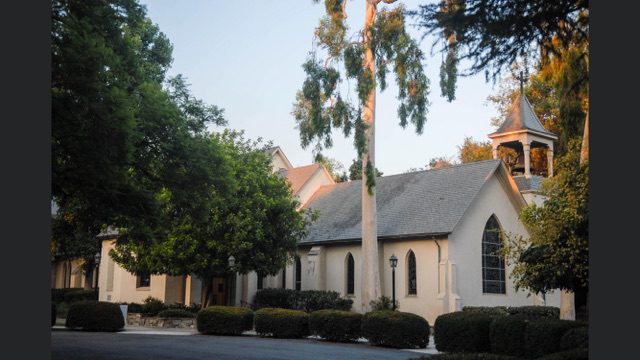


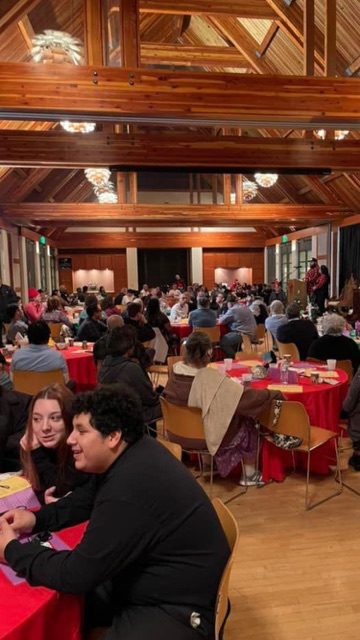

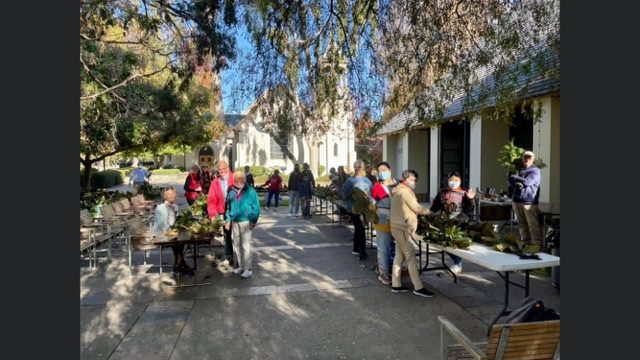
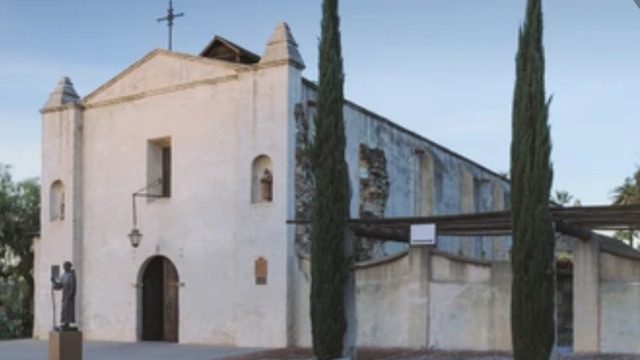
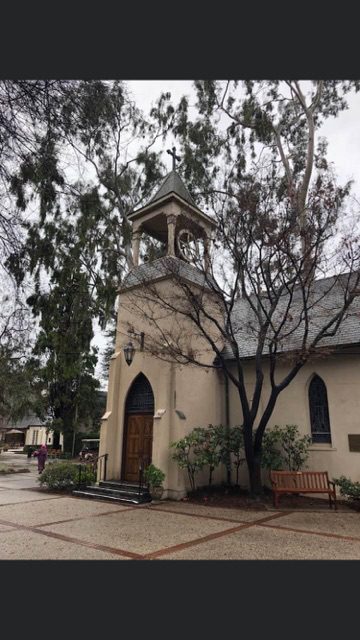







Hi Roger, I am Lil Turner’s friend Nancy. She told about your blog so I will be reading along and I will be showing this to her also. She chats you up whenever I talk to her.
Hi Nancy. Thanks for your message. Nice ta meetcha! Hope my never-ending saga ain’t too tedious. Yes, she’s very chatty when we talk, not to say a little naughty!